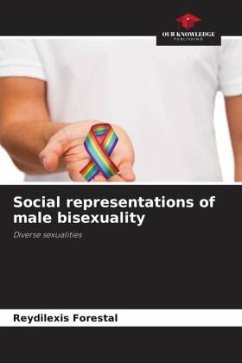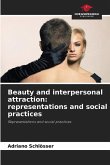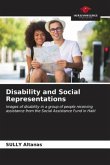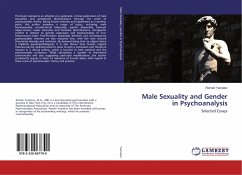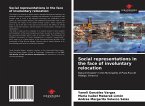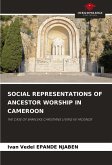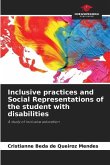Social representations are considered as a guide for action and a framework for reading reality. For this reason, they are relevant to understand various issues in society, either by using them as a research approach or as a methodological strategy. In the last decade, sexual diversity has been publicly manifested in education, culture, public health policies and in a gradual reduction of social rejection. Therefore, this research aims to characterize the social representation of male bisexuality. Methodologically, the study is based on a constructive and interpretative qualitative paradigm. For the selection of the sample, a strategy of convenience was used, accessing 40 people of different age groups in the Casilda Popular Council. Different instruments were used. The processing of the information obtained is carried out qualitatively, depending on the objectives of the research. The main results obtained show that the subjects studied show an attitude of acceptance towards male bisexuality.
Bitte wählen Sie Ihr Anliegen aus.
Rechnungen
Retourenschein anfordern
Bestellstatus
Storno

